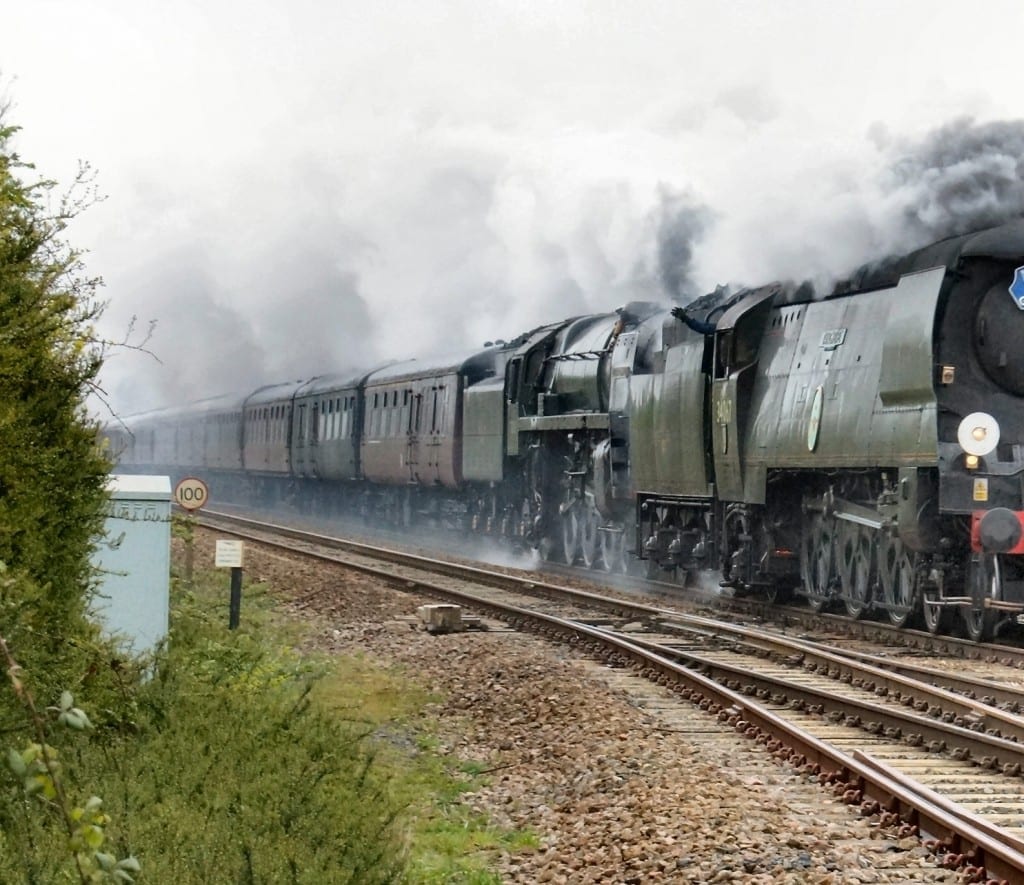At the moment, the maximum available coverage per carrier, per incident is $1 billion.
According to a recent Department of Transportation (D.O.T.) analysis of its own rules with regards to rail insurance, the majority of freight railroad policies would not even start to cover the complete cost of the damage that could be caused by a moderate accident involving an oil train, let alone a massive disaster.
The database of the D.O.T. has flaws with regards to incidents involving oil trains.
The reason that the database of the D.O.T. is not necessarily accurate is that incomplete information is often provided by shippers and railroads, meaning that property damage can be considerably underestimated when compared to what it truly is. The D.O.T.’s own analysis brought about conclusions that proposed the addressing of situations regarding a number of derailments of oil shipments that have occurred across North America and the rail insurance policies that were supposed to cover it.
The rail insurance industry has recently seen a surge in North American derailments of oil trains.
 The analysis was issued by the D.O.T. on August 1, on the very same day that it made a proposal for new safety regulations with regards to oil trains. These are meant to bring about what Anthony Fox, the Transportation Secretary, has called a “New World Order” when it comes to the regulations around oil trains. This includes a requirement for tank cars that are more sturdy, more restrictive speed limits, and better breaks for the vehicles that are now carrying more crude oil than ever before through communities ranging from the south of California up to Albany, New York.
The analysis was issued by the D.O.T. on August 1, on the very same day that it made a proposal for new safety regulations with regards to oil trains. These are meant to bring about what Anthony Fox, the Transportation Secretary, has called a “New World Order” when it comes to the regulations around oil trains. This includes a requirement for tank cars that are more sturdy, more restrictive speed limits, and better breaks for the vehicles that are now carrying more crude oil than ever before through communities ranging from the south of California up to Albany, New York.
These new rules would not specifically address the problem of the rail insurance, except in terms of identifying general liability coverage as a part of the need for the proposed rule. The goal is to stop the disasters from happening in the first place, particularly at a time in which the number of derailments and accidents seem to be rising. The hope is that the worst of them will become preventable and that the trend toward derailments of oil trains can be reduced.
